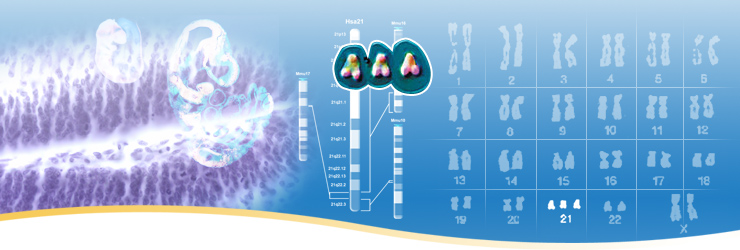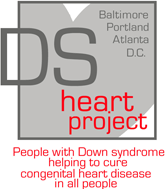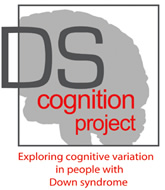
Down syndrome (DS) occurs as a result of Trisomy 21 and is among the most
complicated genetic conditions compatible with human survival. The Reeves laboratory
complements genetic analyses in human beings with the creation and characterization
of mouse models to understand why and how gene dosage imbalance disrupts development
in DS. These models then provide a basis to explore therapeutic approaches
to amelioration of DS features. We use chromosome engineering in ES cells to
create defined dosage imbalance in order to localize the genes contributing
to these anomalies and to test directly hypotheses concerning Down syndrome "critical
regions" on human chromosome 21.
Quantitative phenotypic assays that we have developed give a precise and sensitive readout of the relative effects on phenotype when overlapping subsets of genes are at dosage imbalance. Developmental analyses of these traits are underway to identify the timing and location of divergence between trisomic and euploid fetuses. More...
Roger H. Reeves, Ph.D.
Professor
Johns Hopkins Univ. Schl. of Medicine
Department of Physiology and
McKusick-Nathans Institute for Genetic
|
 |
Medicine Biophysics 201
725 North Wolfe Street
Baltimore, MD 21025
TEL (410) 955-6621
FAX (443) 287-0508
rreeves@jhmi.edu
|
|







